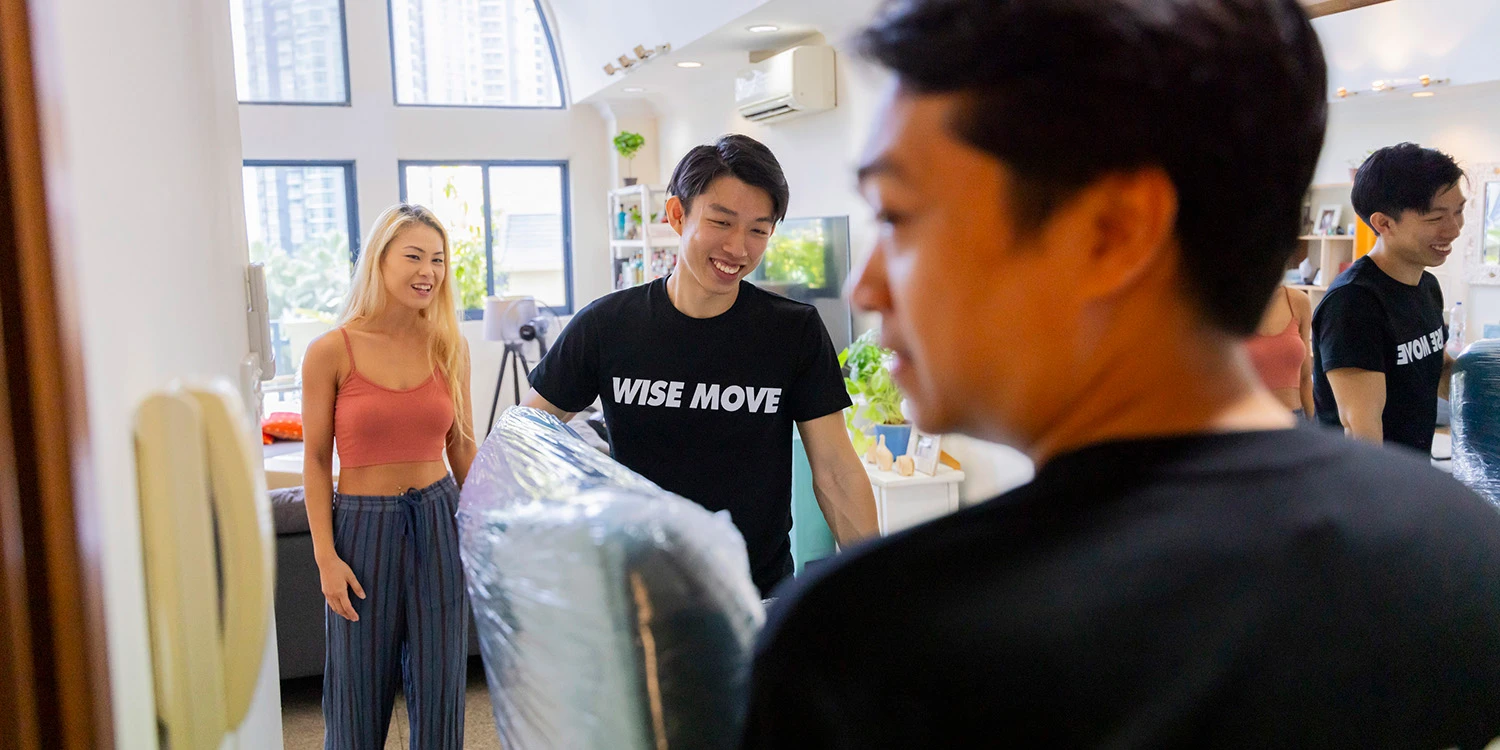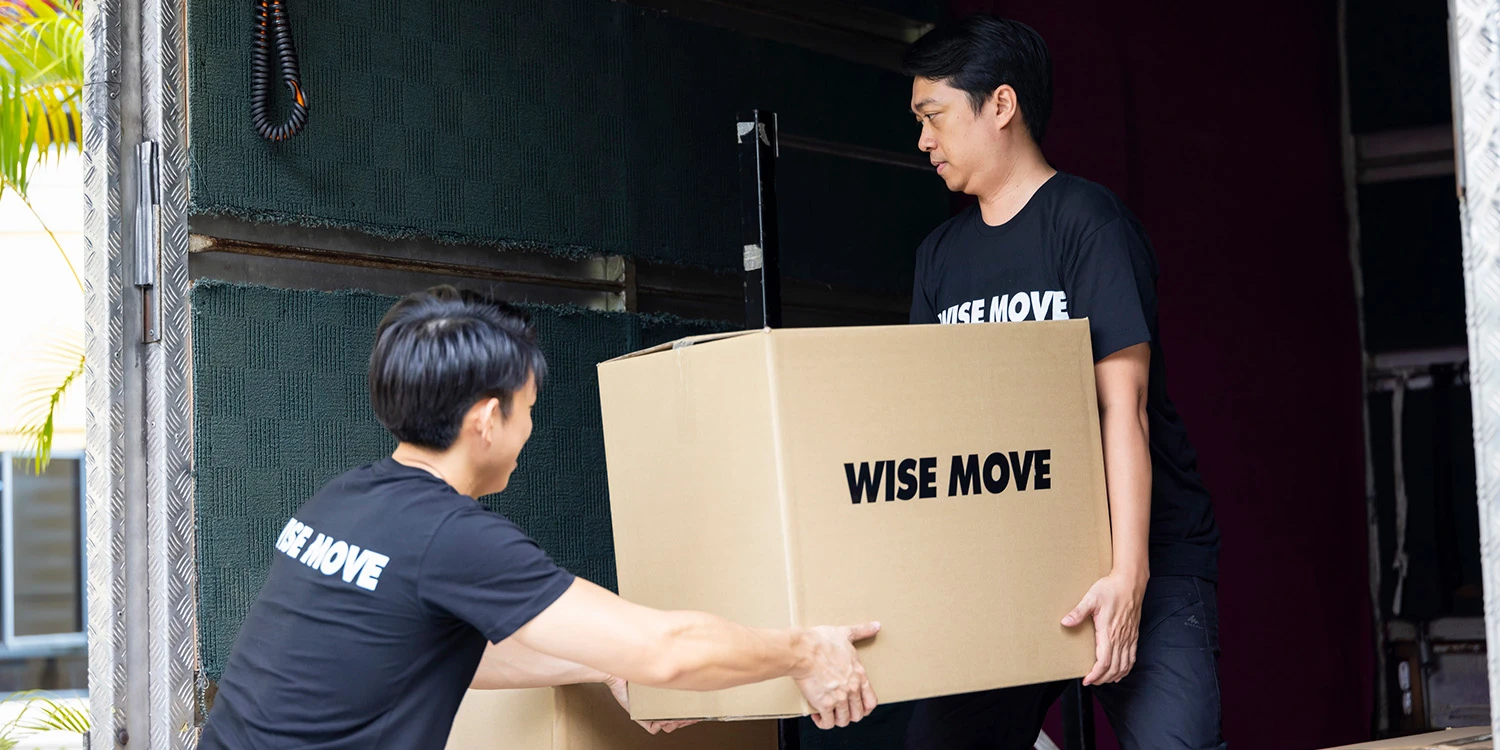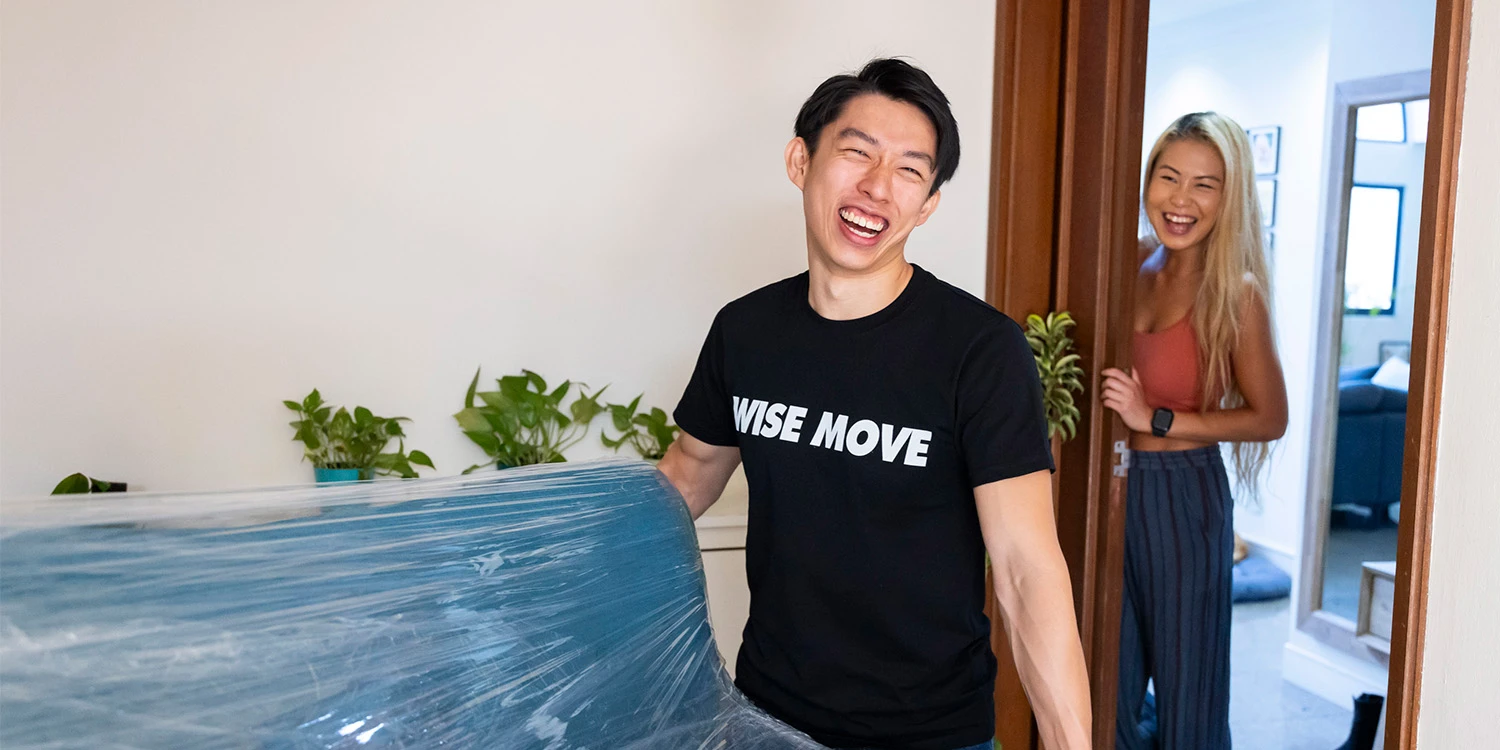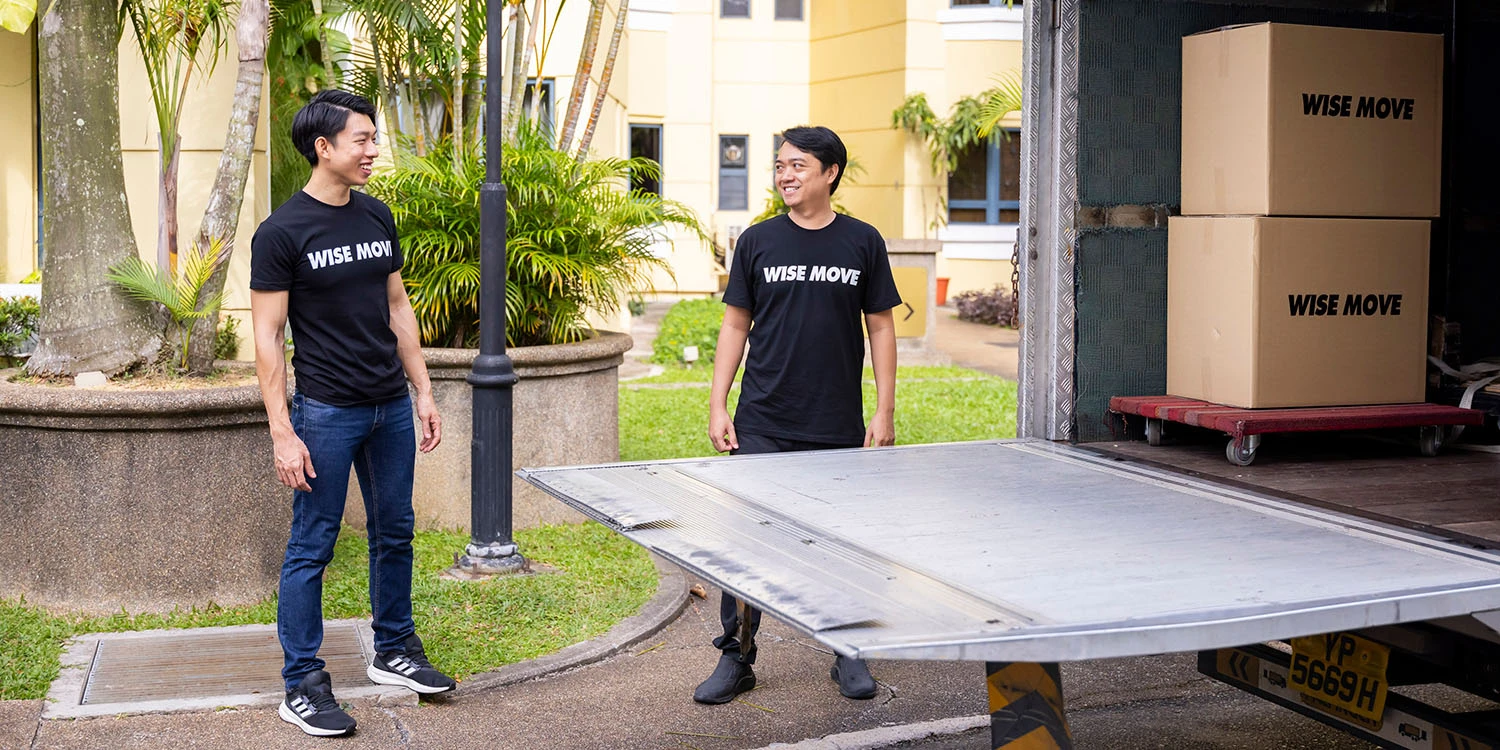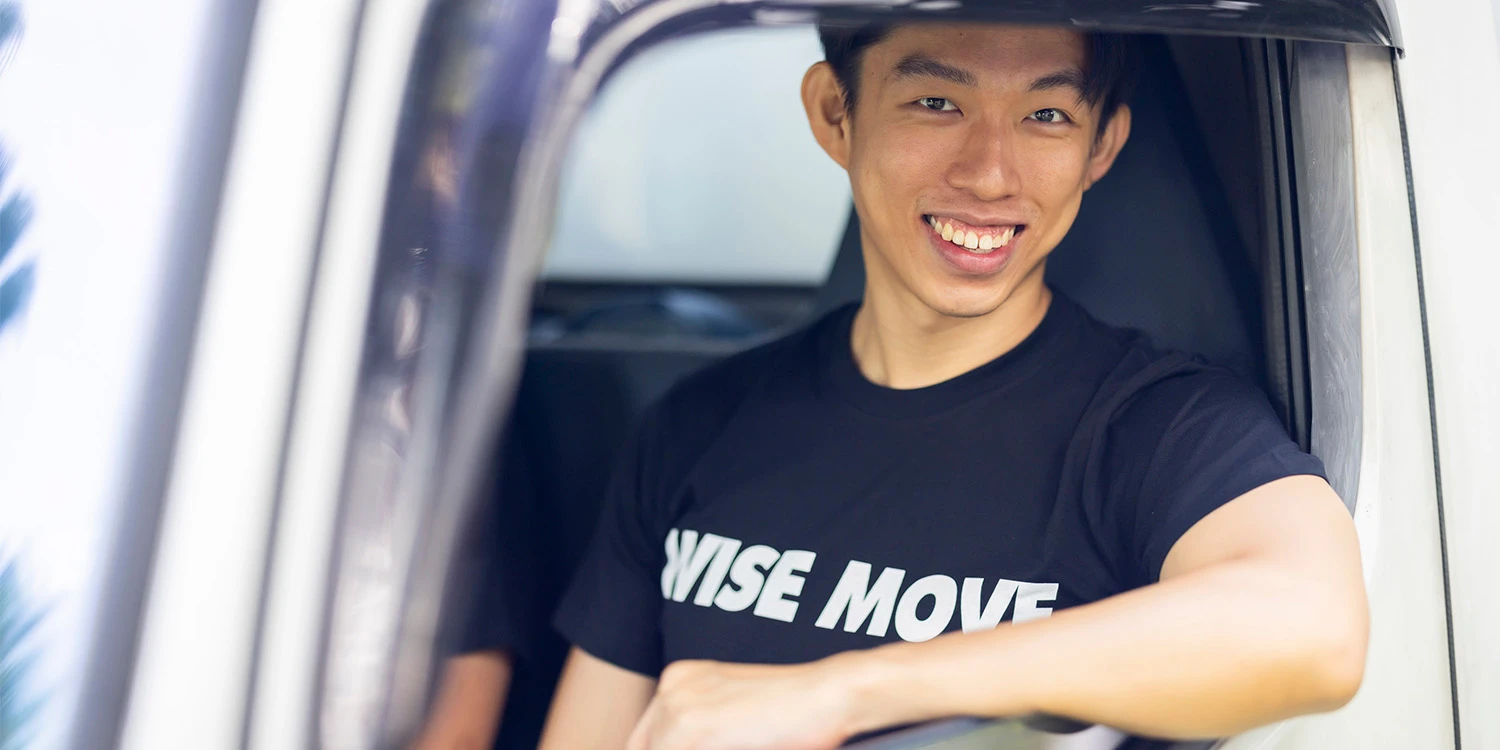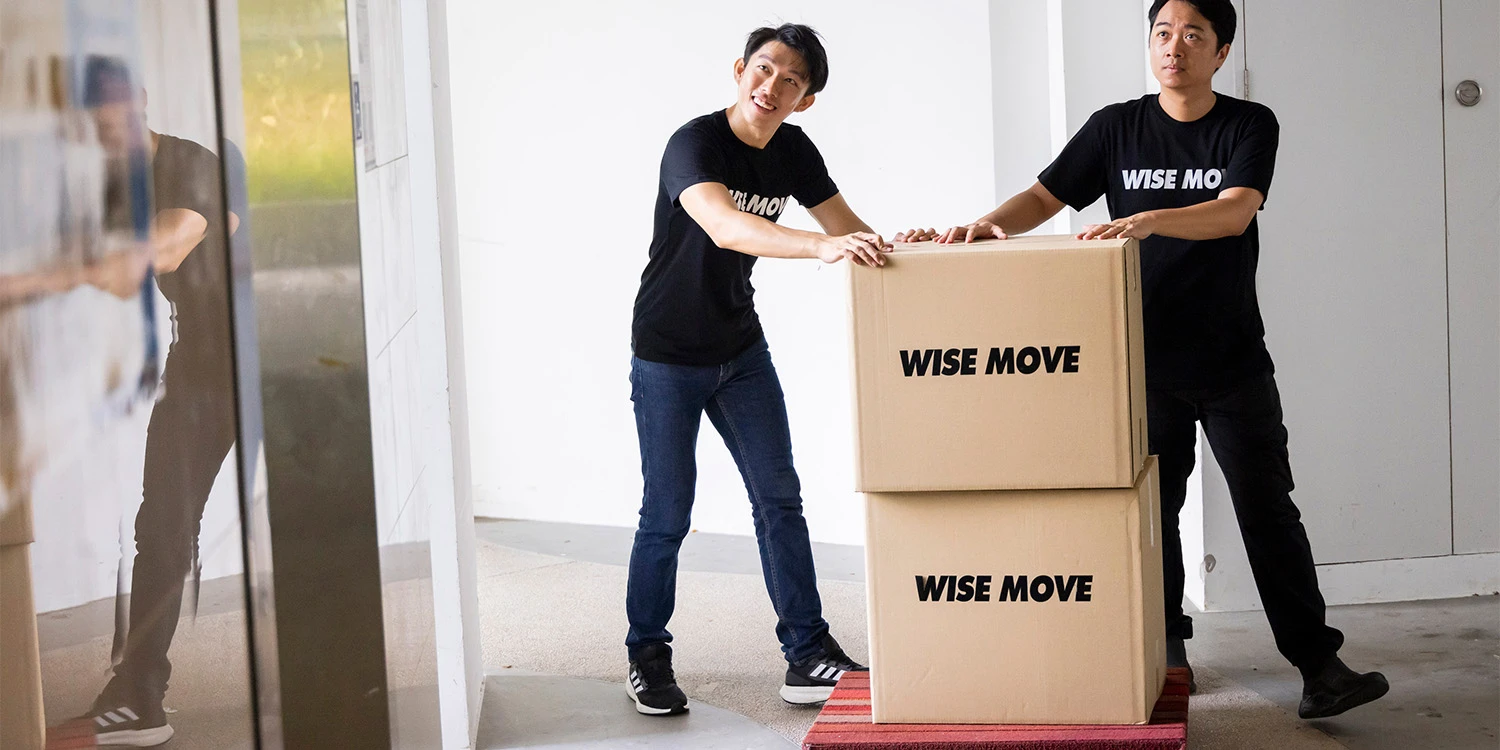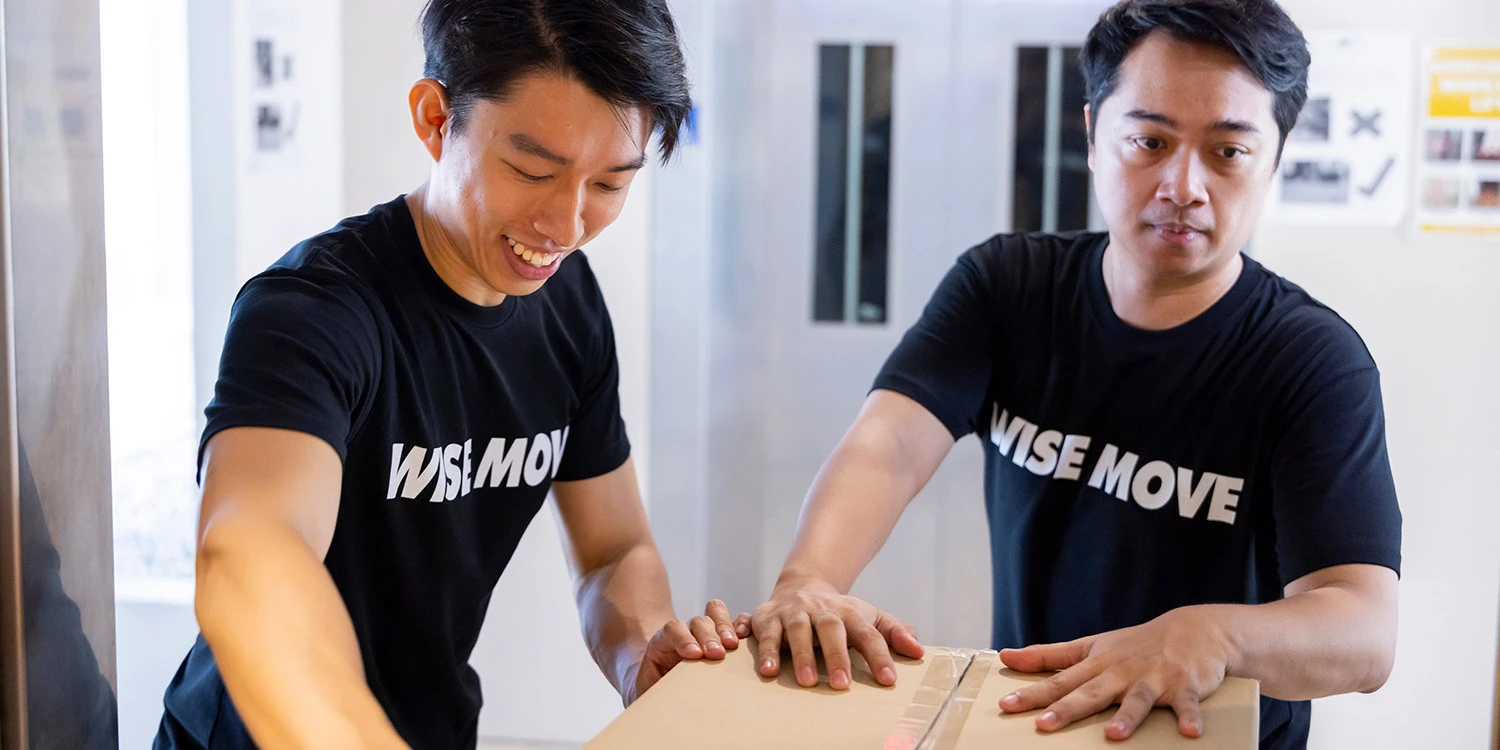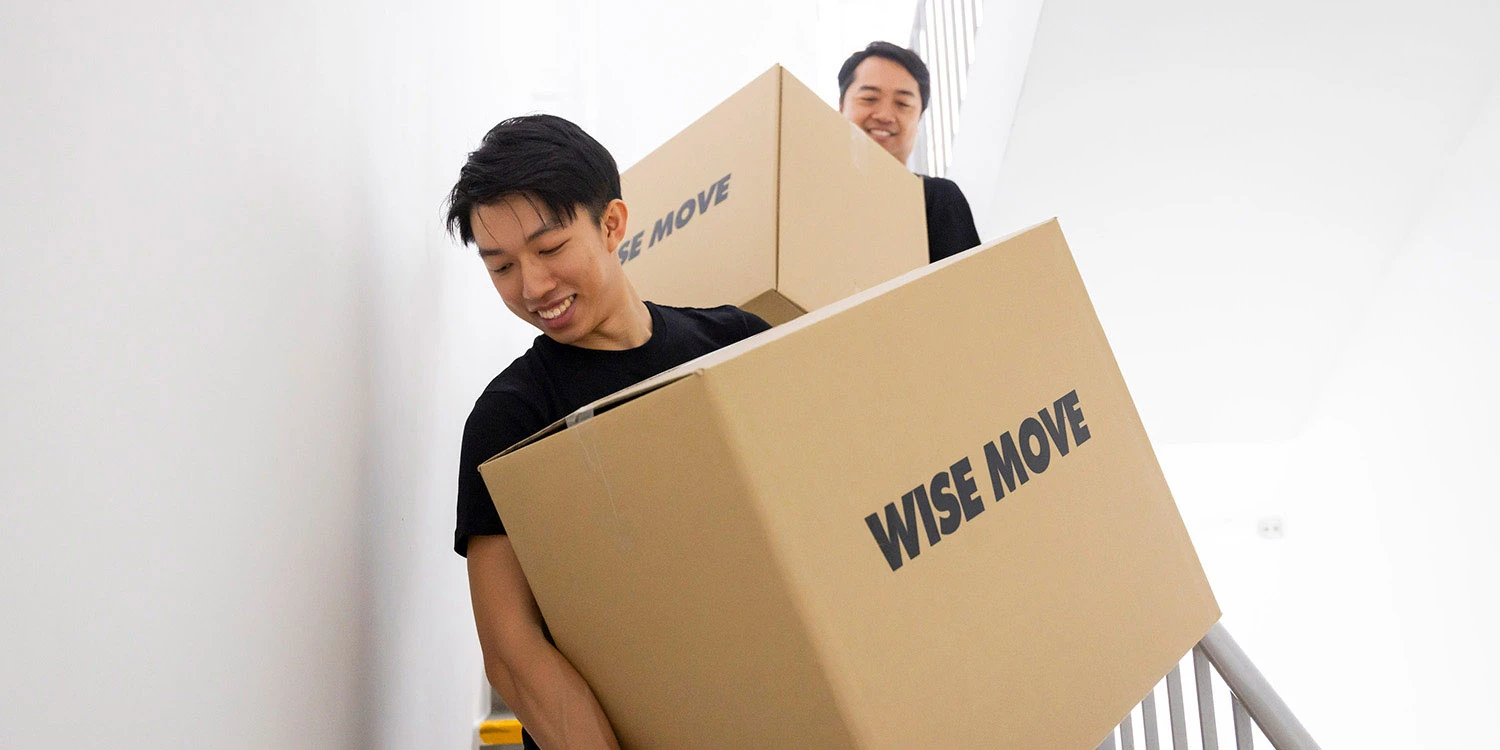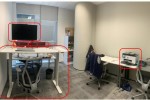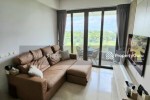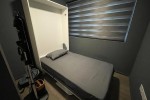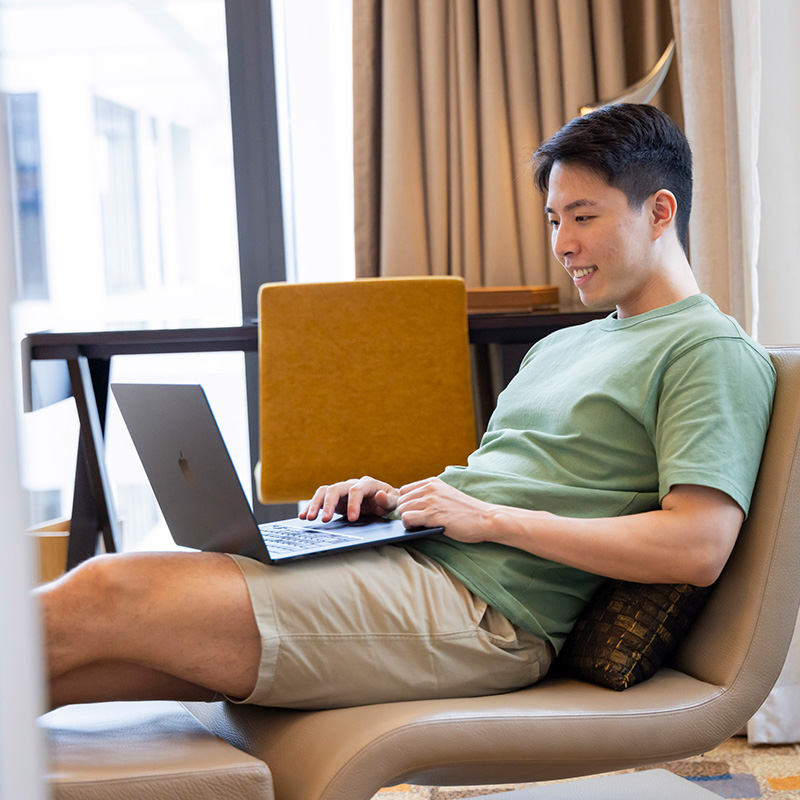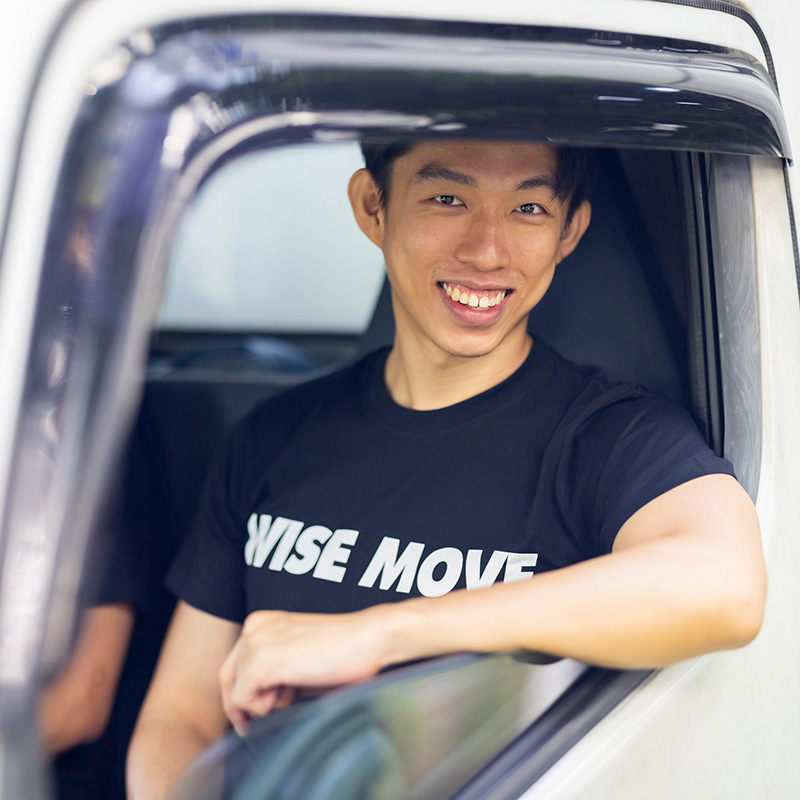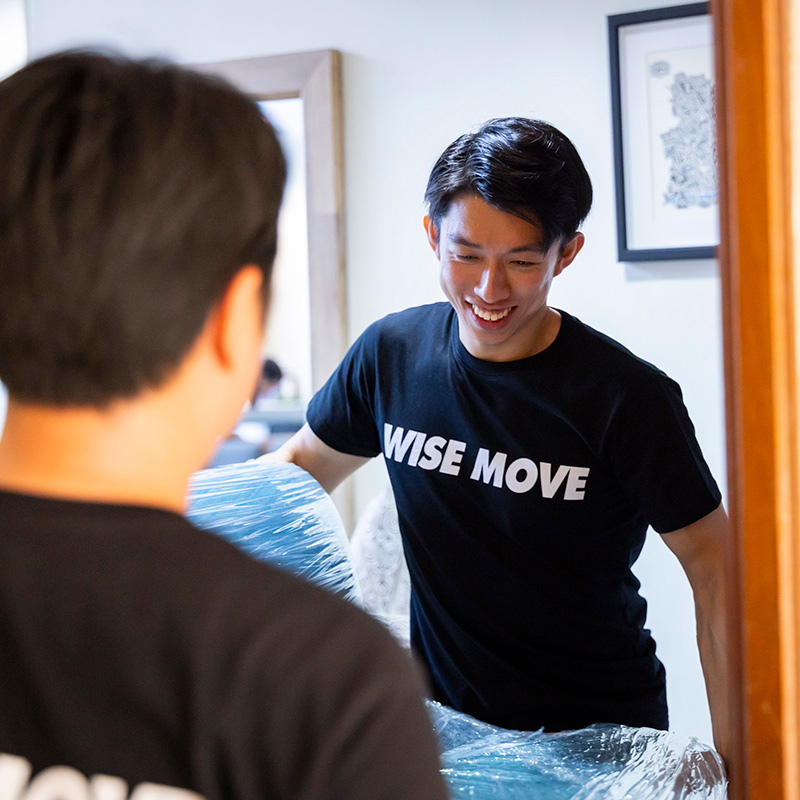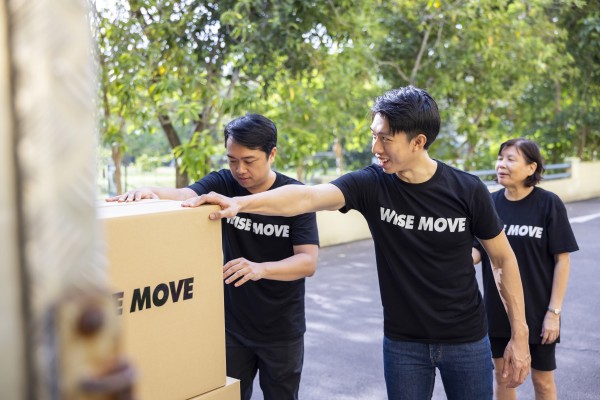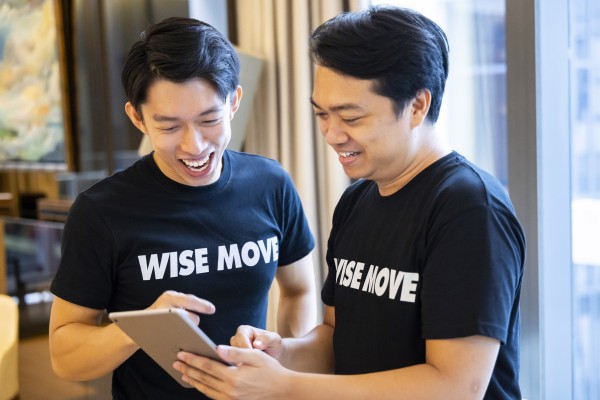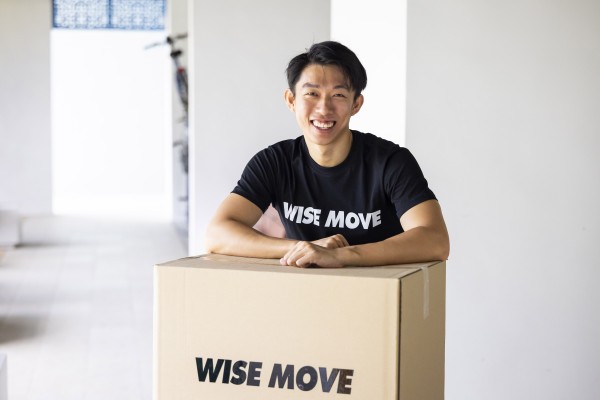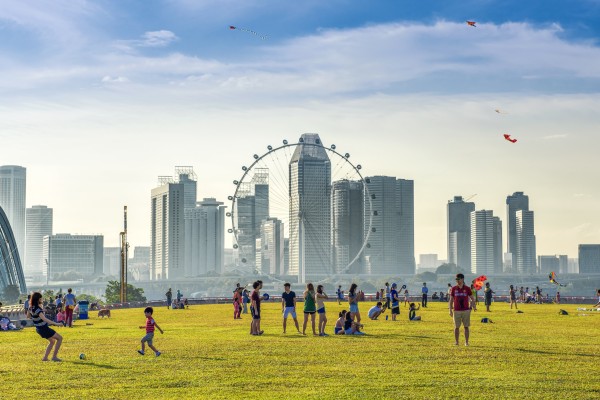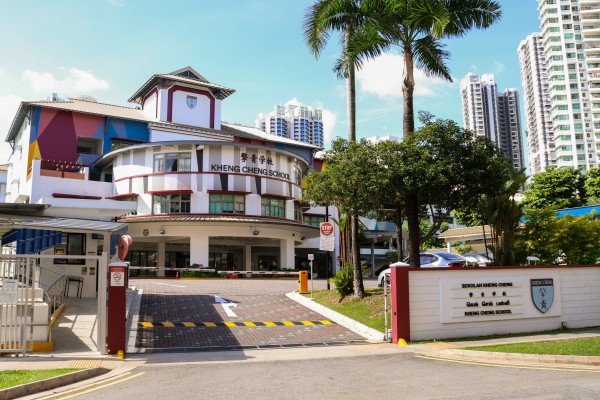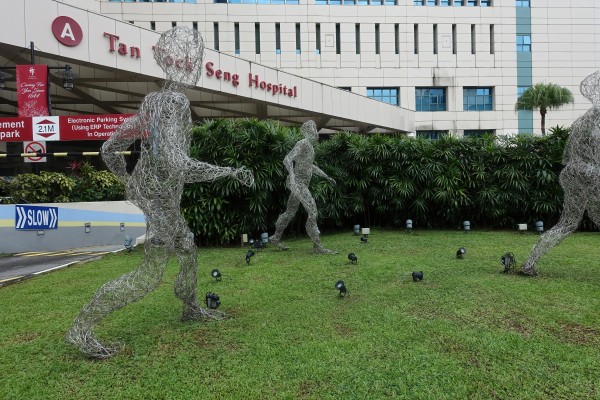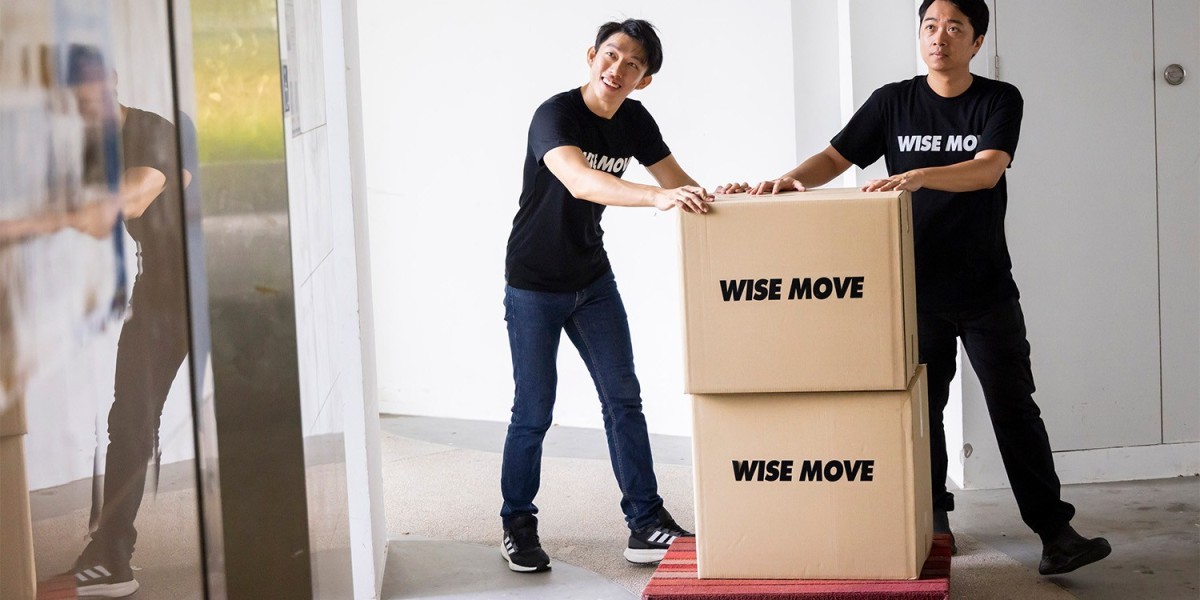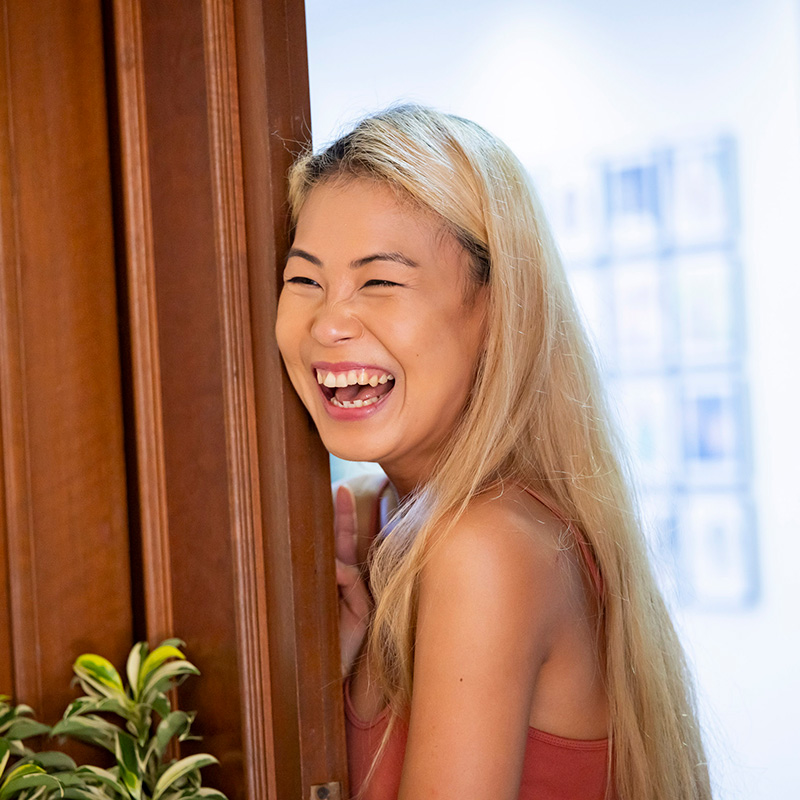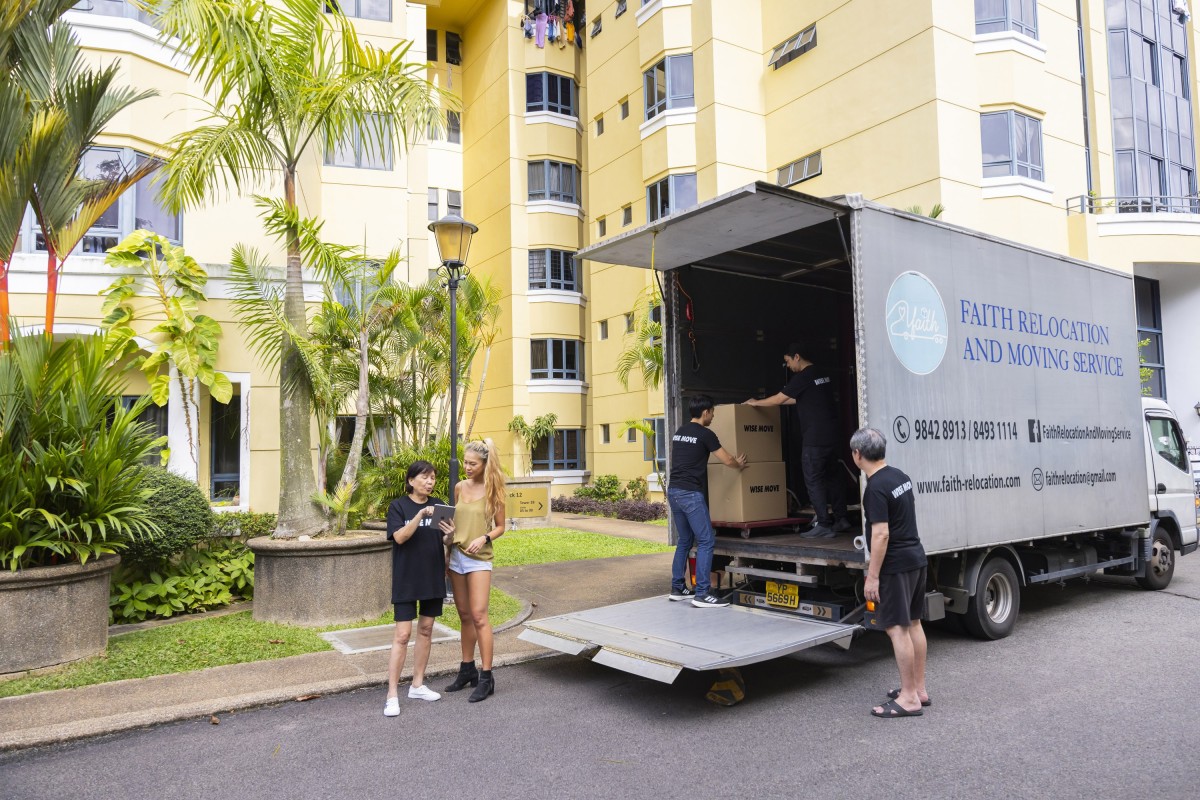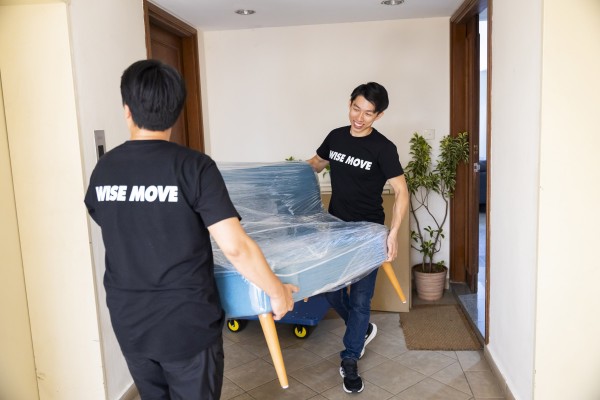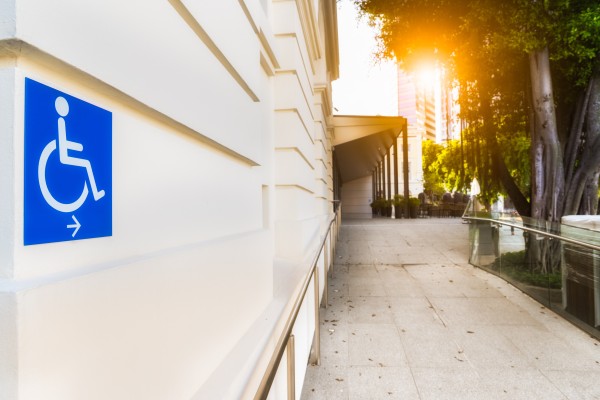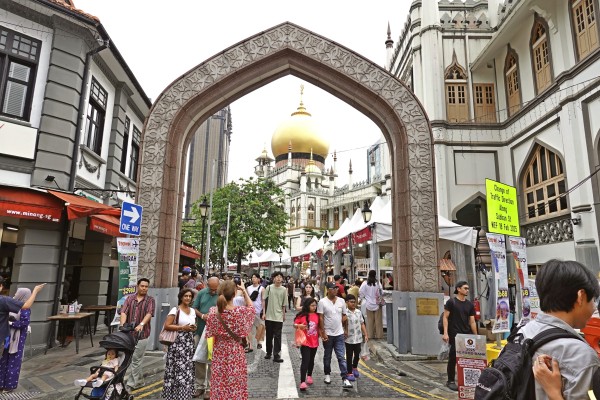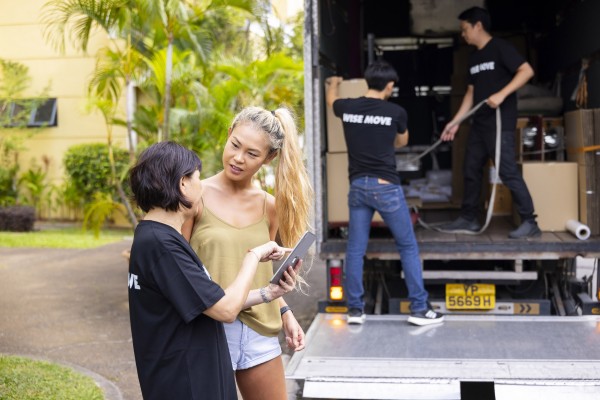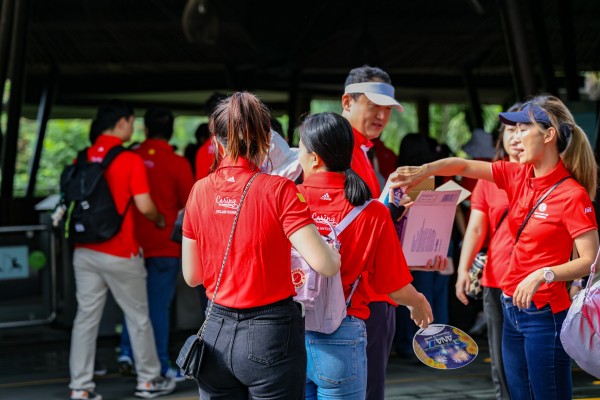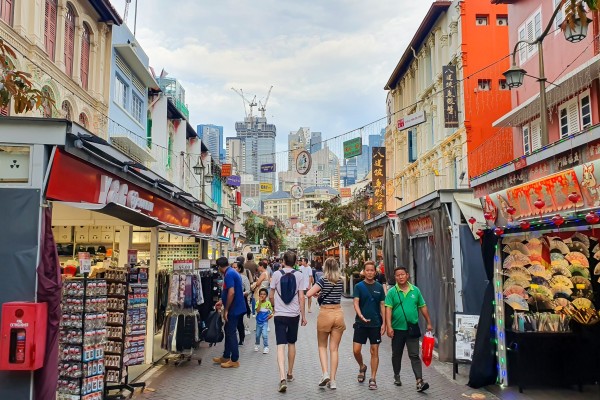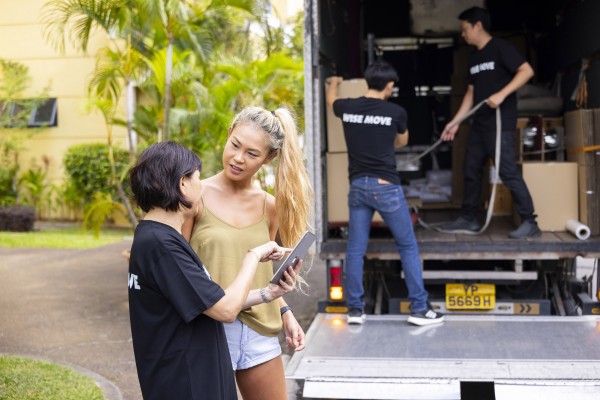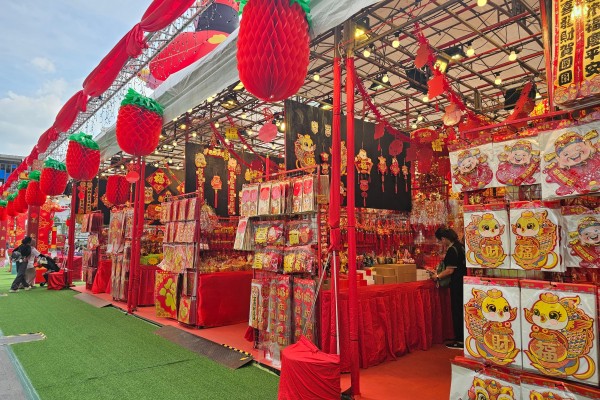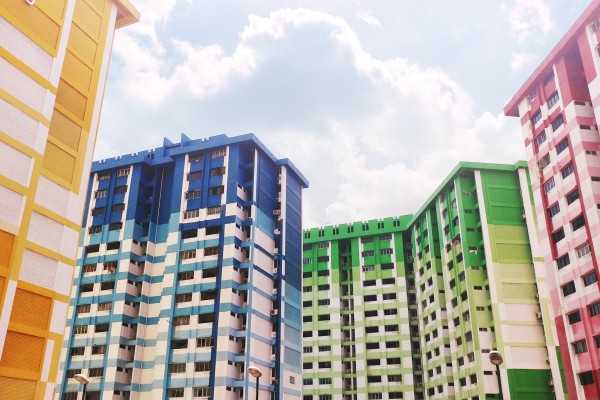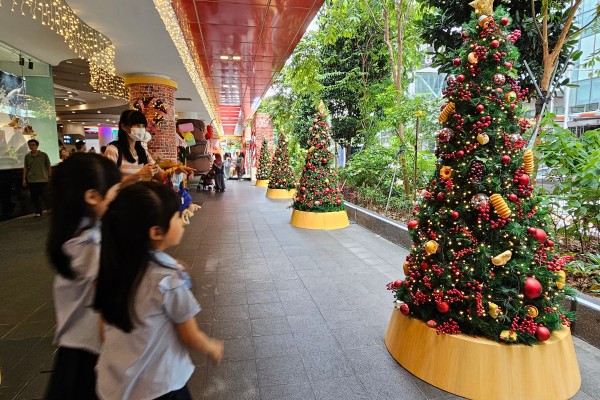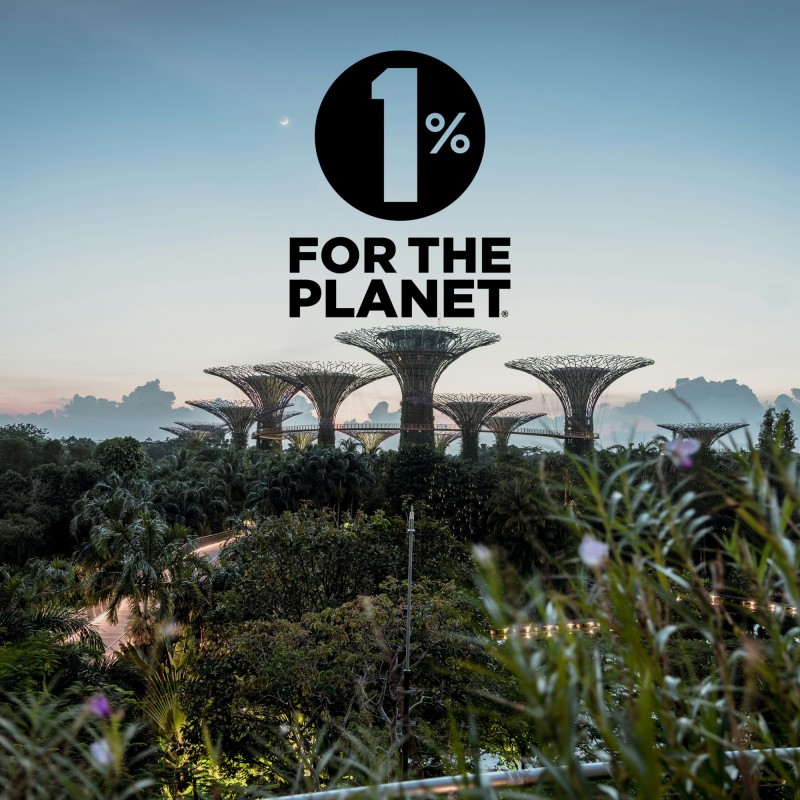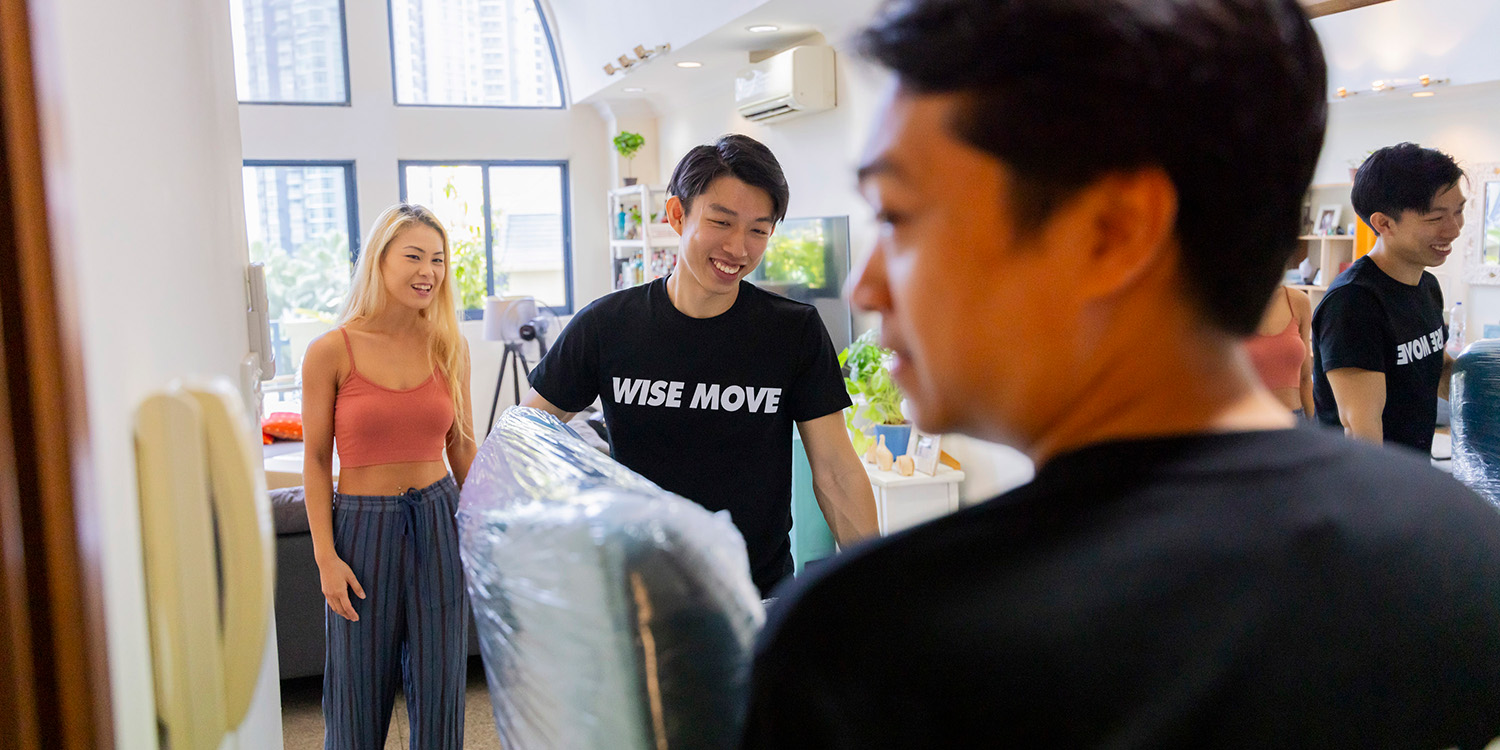
Our most popular services




What do our customers say?
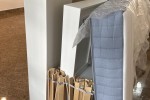

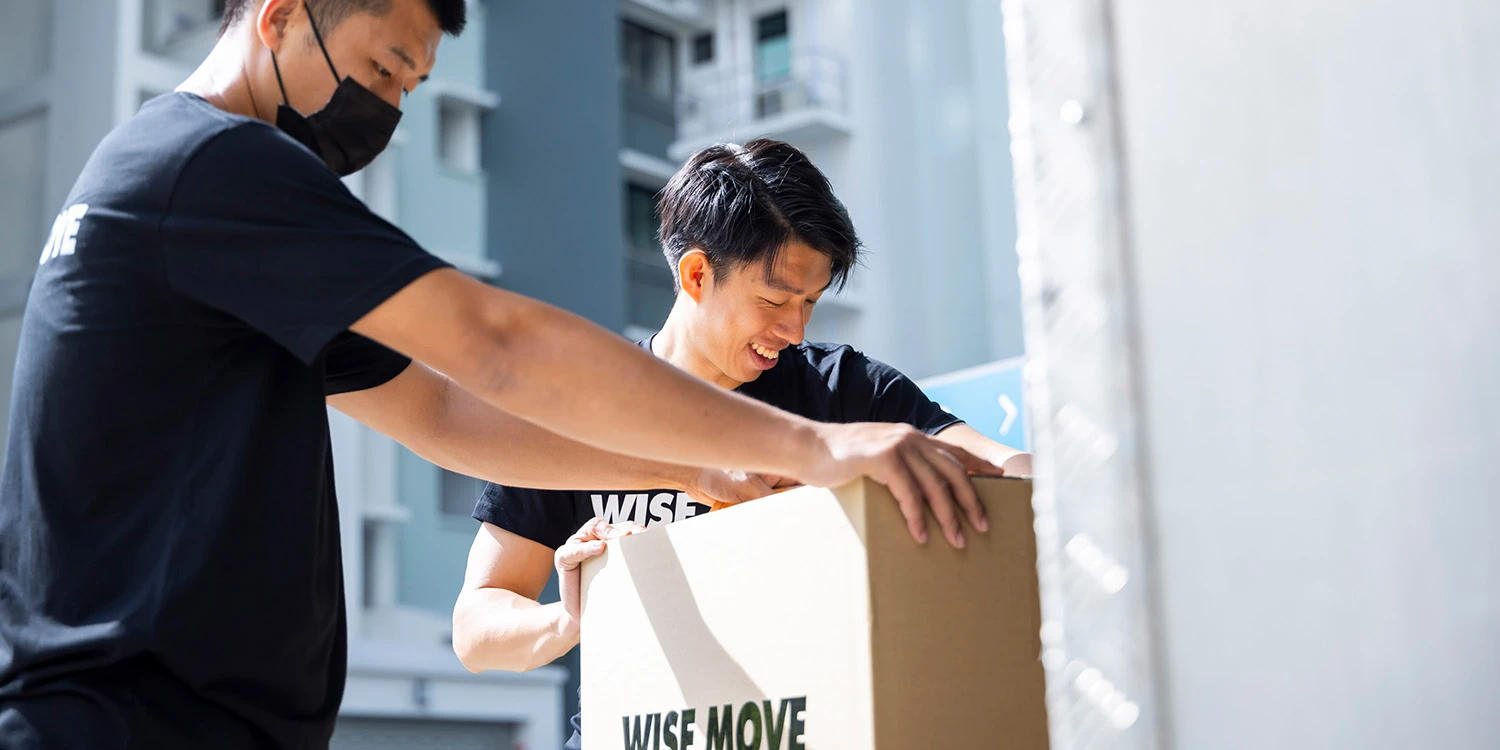
Moving handled with care
Our packing and wrapping teams in Singapore are the best at what they do — carefully preparing household or business belongings for transport to a new location.
- Sorting and decluttering: our movers and packers will work with you to sort through your belongings and identify items that you no longer need or want to take with you. This can help to minimize the amount of stuff you have to move and make the packing process more efficient.
- Gathering materials: our movers and packers will bring all the necessary materials, such as boxes, bubble wrap, and tape, to pack your belongings. They may also bring specialised materials for delicate items, such as piano blankets for pianos or custom crates for artwork.
- Packing: packing teams will carefully pack each item, wrapping and cushioning delicate items to protect them during transport. They will also label each box with its contents and the room it belongs in to make it easier to unpack at your new location.
- Loading: Once all of your belongings are packed and wrapped, our movers will load them onto the vehicle, arranging them in a way that maximizes space and minimizes the risk of damage.
Our moving service in Singapore is designed to ensure that your belongings are well-protected and organized during the moving process, making it easier and less stressful for you to relocate.
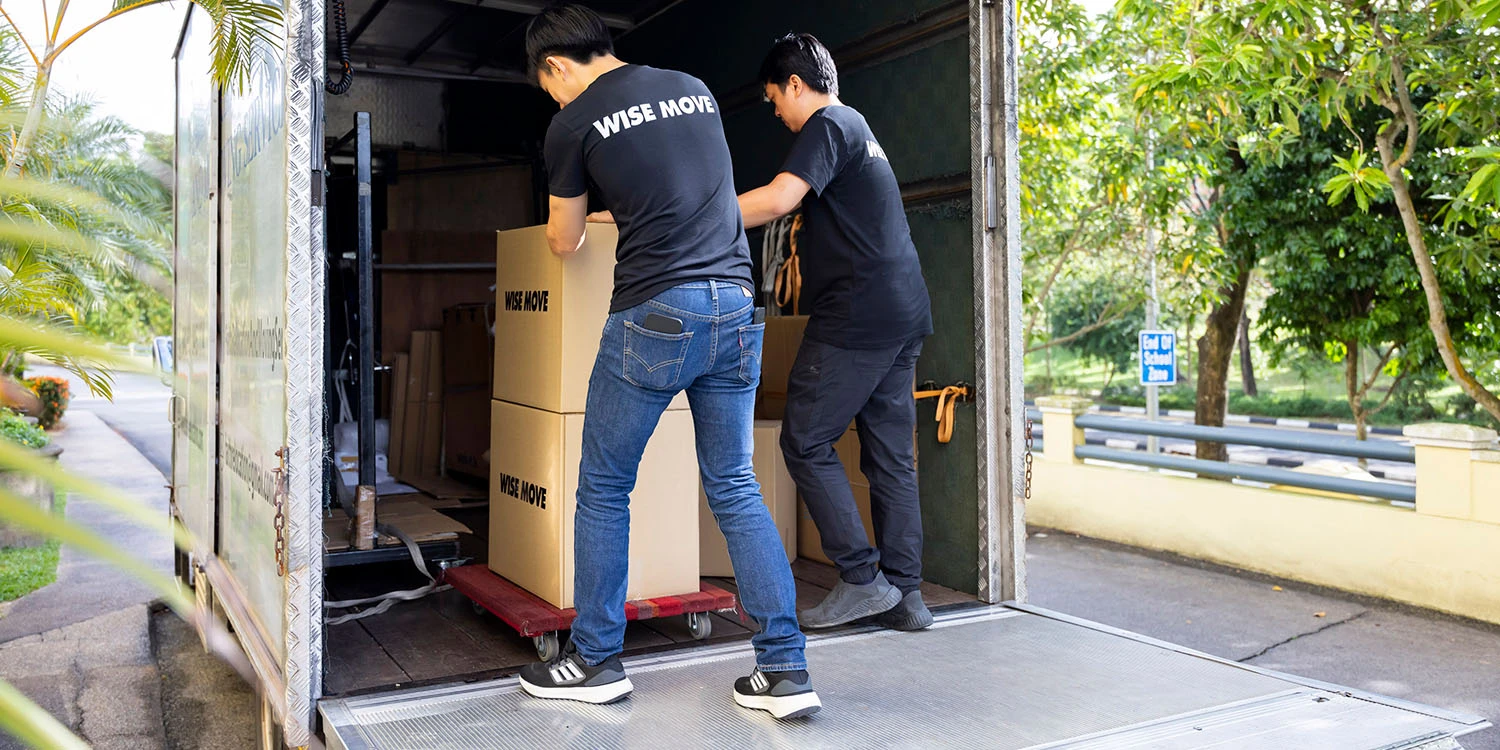
Fully equipped
No matter what your move requires, our teams have the equipment and skill to move it safely. We do it all, from lifting large, heavy or awkwardly-shaped pieces of furniture, to manoeuvring items along narrow hallways and up multiple flights of stairs.
Our teams use a range of equipment to assist with the relocation of households or businesses. This may include:
- Boxes: Movers will use boxes of various sizes to pack and transport your belongings. These boxes may be made of cardboard, plastic, or other materials.
- Bubble wrap: Bubble wrap is often used to protect delicate items during transport. It can be used to wrap items individually or to fill empty spaces in boxes to prevent items from shifting during transport.
- Packing tape: Packing tape is used to seal boxes and secure items in place. It is typically stronger than regular tape and is designed to withstand the rigours of transportation.
- Furniture dollies: Furniture dollies are used to move heavy or large items, such as couches, desks, or appliances. They have wheels and handles, making it easier to transport these items.
- Protective blankets: Movers may use protective blankets, such as piano blankets or moving blankets, to cover and protect large or delicate items during transport.
- Straps and ropes: Straps and ropes may be used to secure items, such as furniture, to the vehicle to prevent them from shifting during transport.
- Hand trucks: Hand trucks, also known as dollies, are used to move boxes and other items. They have a platform for the items to be placed on and wheels, making it easier to move them.
We will also make sure your home is protected during the move. Special care is taken to protect your carpets, wooden floors, bannisters and doors prior to moving your furniture.
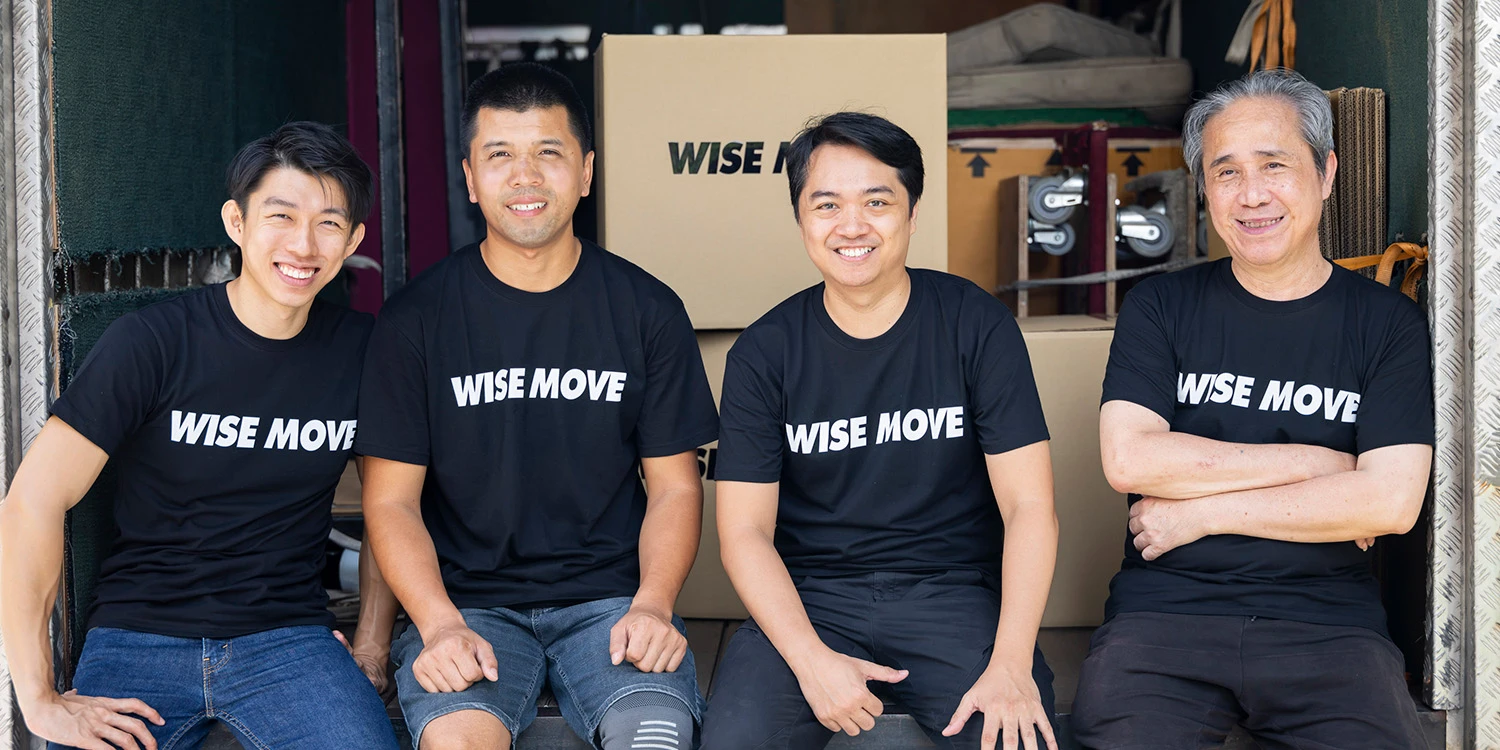
7 days / week
Our mover teams are dedicated to making your move as convenient as possible, which is why we offer services every day of the week, including weekends and most public holidays.
We understand that your schedule may be limited, so we strive to be as flexible as possible to accommodate your needs. While advanced booking is always recommended, we will do our best to accommodate last-minute requests whenever possible.
Our team is committed to ensuring that your move goes smoothly and that you are satisfied with our services, no matter where you are moving or when it needs to be done.
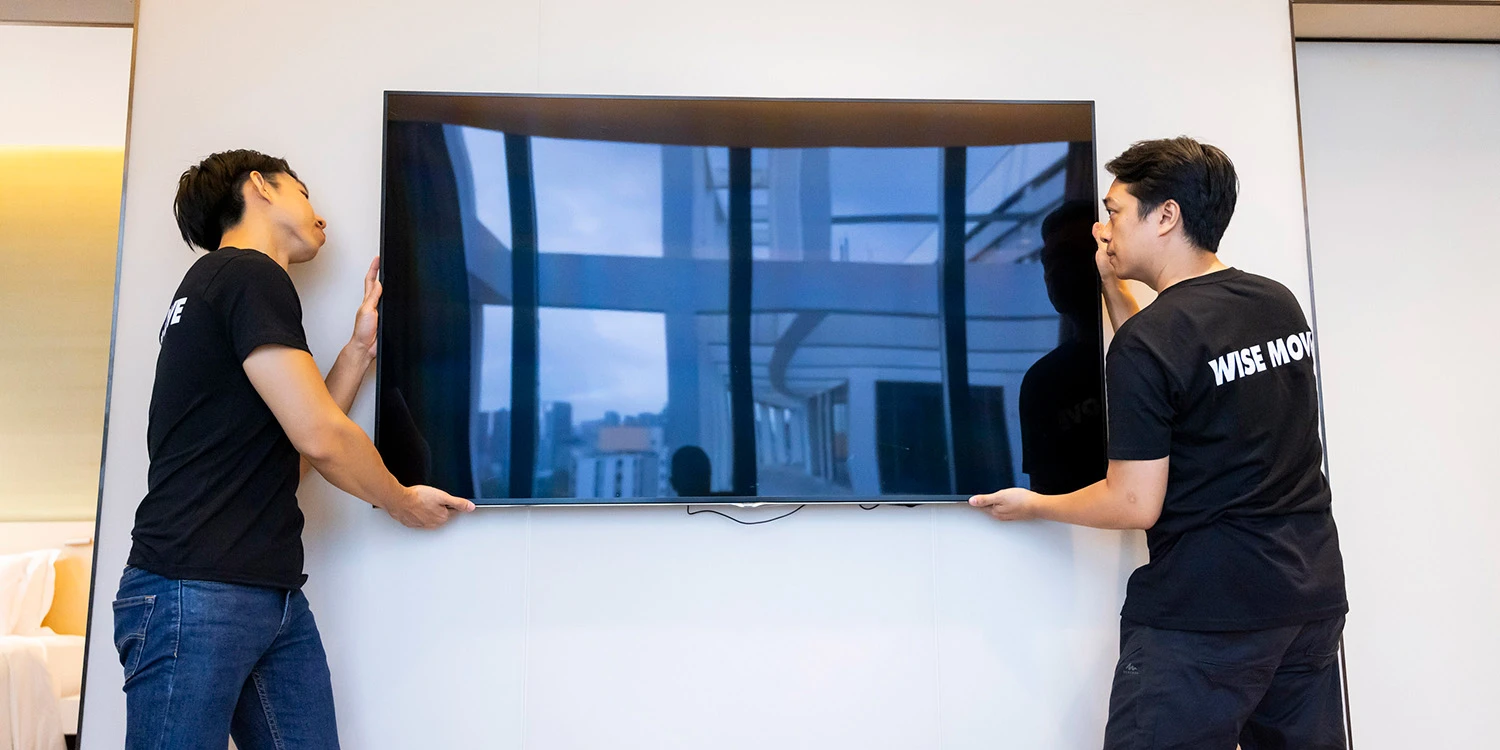
Customisable service
At Wise Move, we understand that every customer has unique needs, and our responsibility is to cater to those requirements. That is why we offer a full-service moving experience, including everything from packing and loading to unpacking at your new location. Our team of experts will handle every aspect of the moving process, so you can focus on settling into your new home or office.
In addition to the main moving tasks, our movers are also equipped to handle the smaller, more detail-oriented jobs that come with a move. This may include disconnecting appliances, securing electrical wiring, and preparing delicate items such as pianos for transport. After unpacking, our team can also assist with the installation of appliances in your new property to make the transition as seamless as possible.
As a part of our services, we also offer a clearance option where our team will remove any unwanted items from your home and dispose of them responsibly, with a focus on repurposing and recycling whenever possible.
To ensure that we can provide the best service for you, we recommend letting us know in advance about your specific needs and requirements. If you have any questions about our services, don't hesitate to ask.
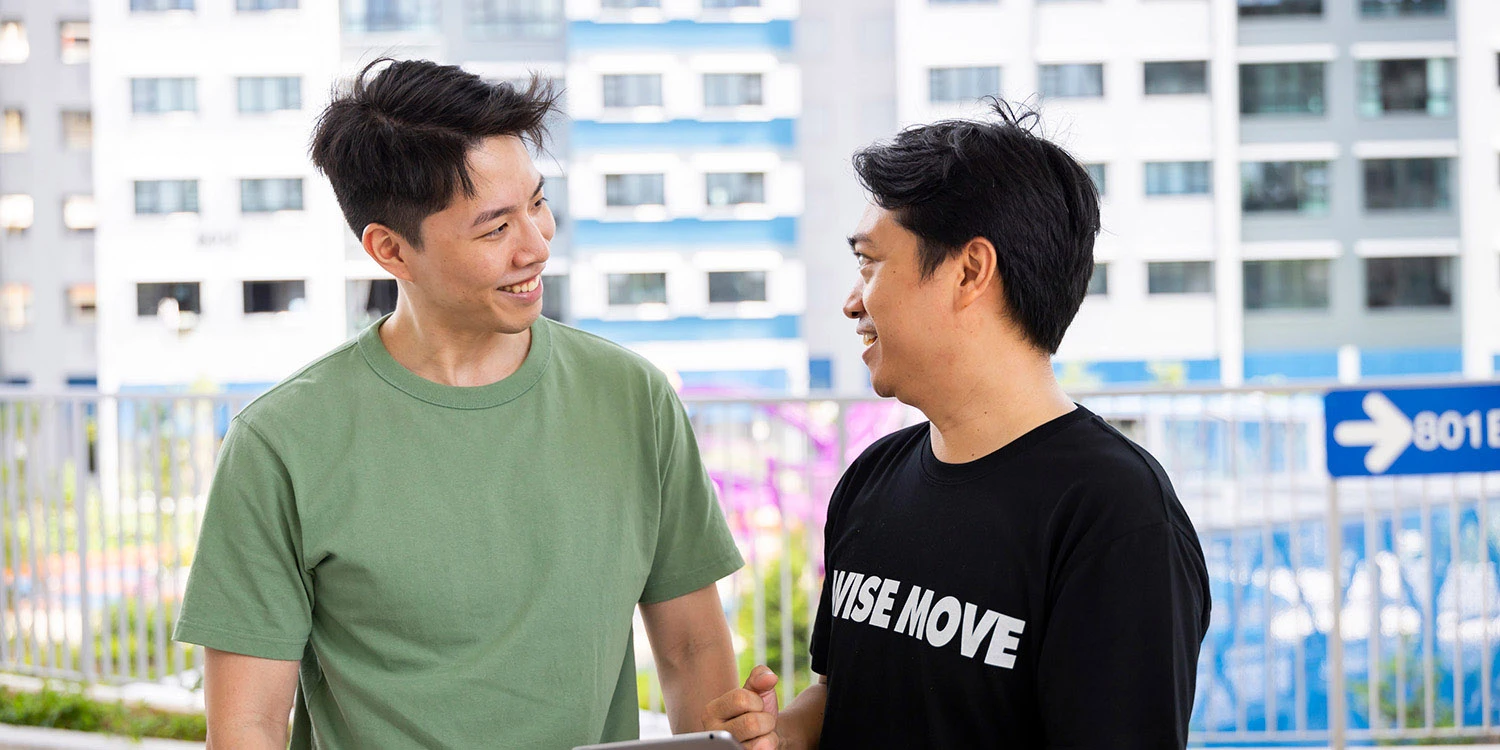
100% customer satisfaction
Everything we do is focused on creating a smooth and hassle-free moving experience for our customers. We’ve worked hard to build a platform that delivers on that promise at every stage of the process.
Because of that, our business has earned a 9.6 rating, with 532 reviews from loyal customers.
But it’s not just our reviews that set us apart. Over 85% of our service clients have passed our details onto their families and friends, thanks to the service we supplied to them.
Wherever we can, we’ll also take all feedback into consideration – we’re always constantly improving the way we do things to give back to our customers and employees. It’s what keeps us at the top of our game.

Book easily online
Booking a move with Wise Move is quick and easy. Simply create a delivery online and you'll have access to a variety of trusted, reliable movers without having to do any additional research.
We'll ask you all the necessary questions to understand the details of your move, including the items you need to transport, the pickup and destination locations, and any special considerations for your shipment. You can even include photos and specifications to help our movers provide accurate quotes and ensure that nothing is missed.
Once you've submitted your moving request, you'll receive quotes from our verified movers that match your specific needs and location.
You can compare prices and read customer reviews before selecting your preferred moving company to arrange pickup and delivery.
There's no obligation to accept any of the quotes you receive, so you can take your time to choose the best mover for your needs. Save yourself time and hassle by booking your move online with us now.
It's a Wise Move
When a network of movers finds your job request at their convenience, optimising their route and keeping your booking costs down.
Fixed prices
Clear rates, no surprises.
Know what you pay upfront—no hidden fees or last-minute changes.
Our fixed prices gives you confidence and control over your booking.
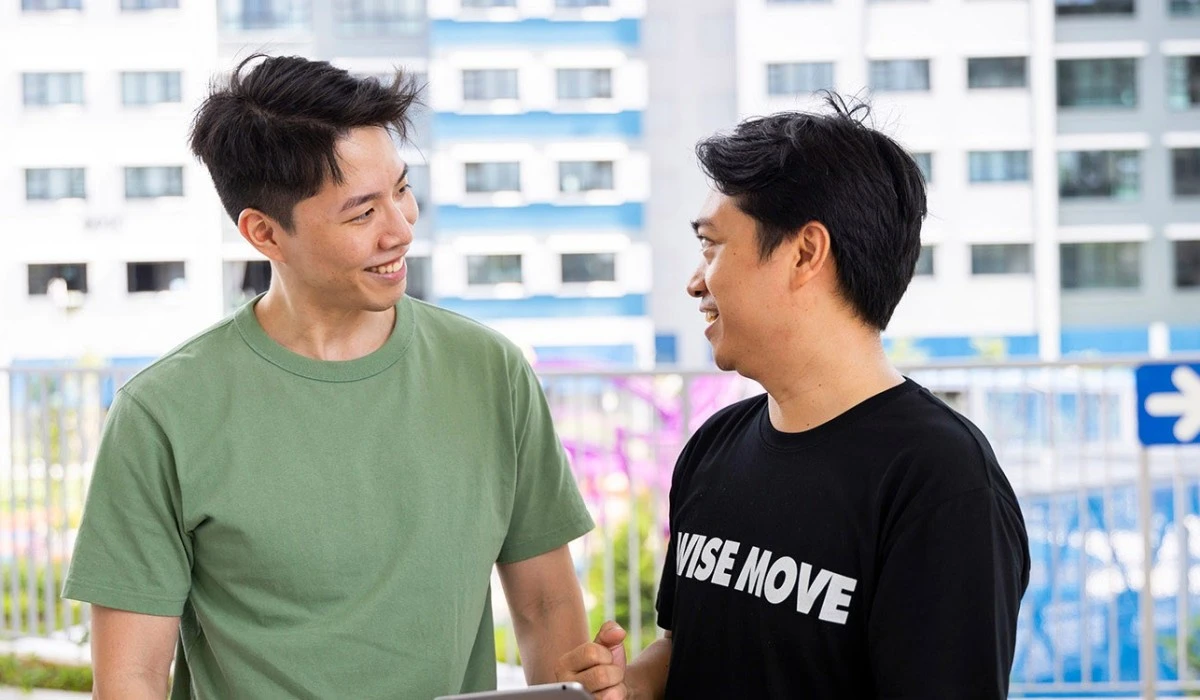
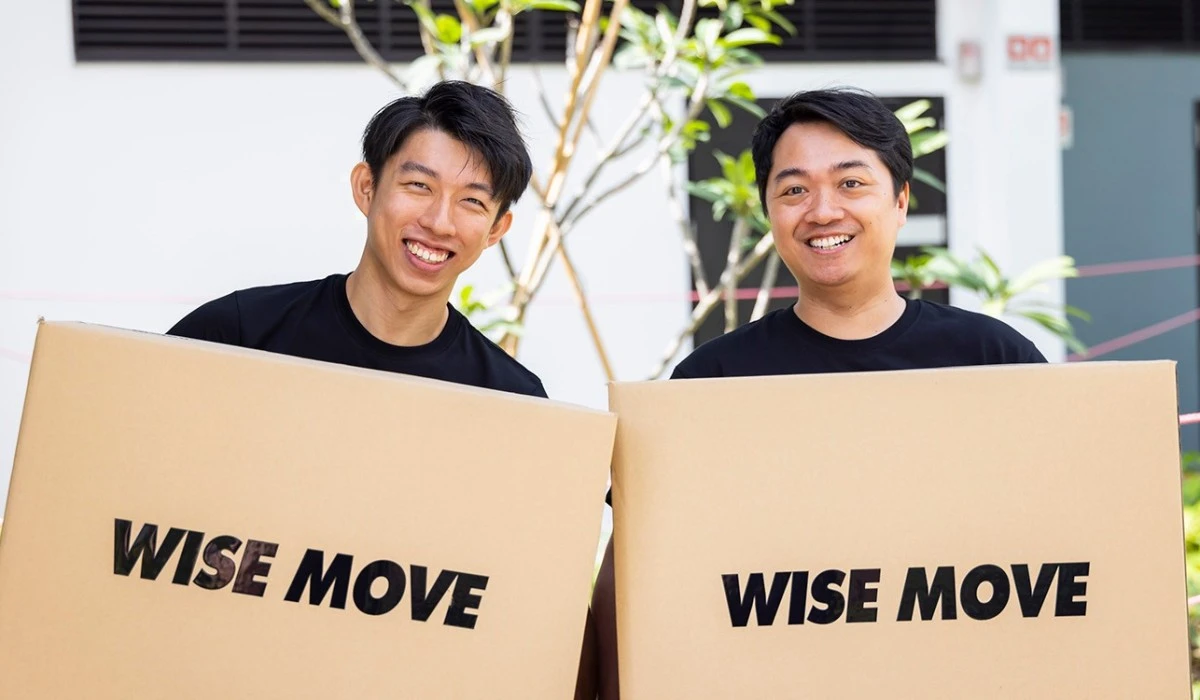
Get to know movers
Compare and get to know mover teams before accepting their quote by reading previous customer reviews.
SG's largest movers network
With one enquiry, connect to New Singapore's largest network of moving companies and independent mover teams.
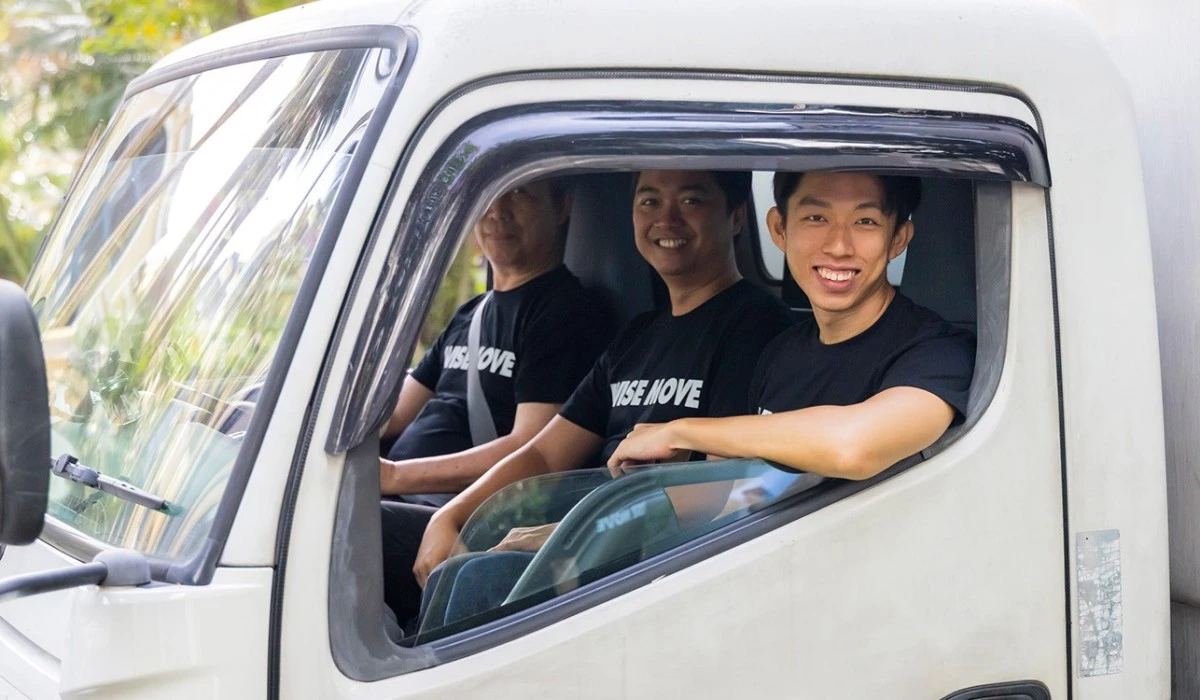
Our services for every (wise)move
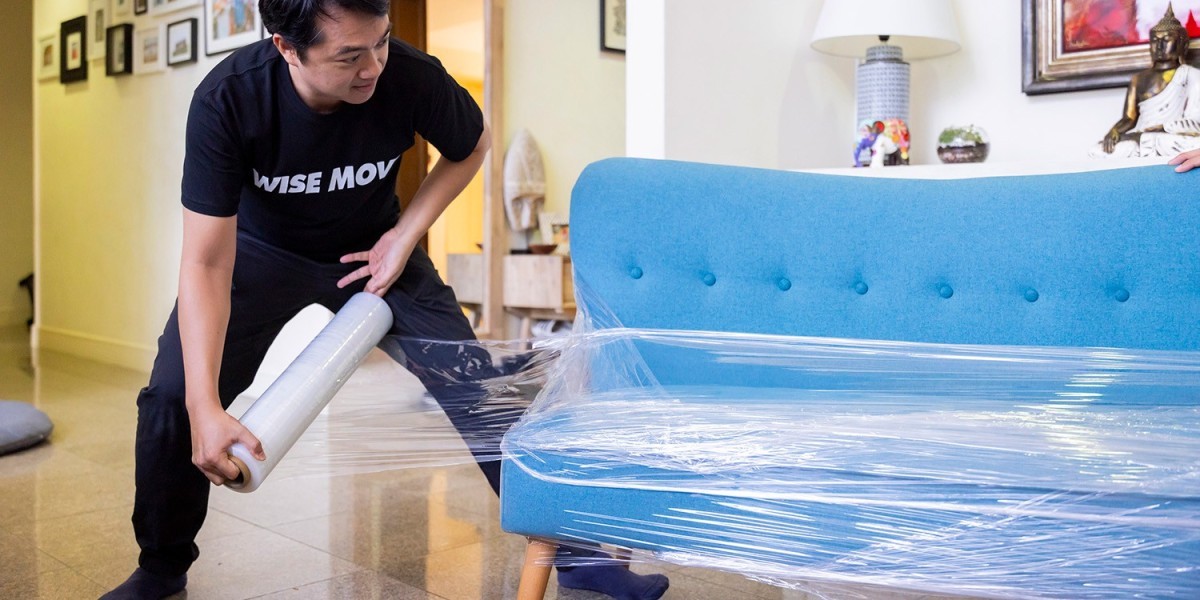
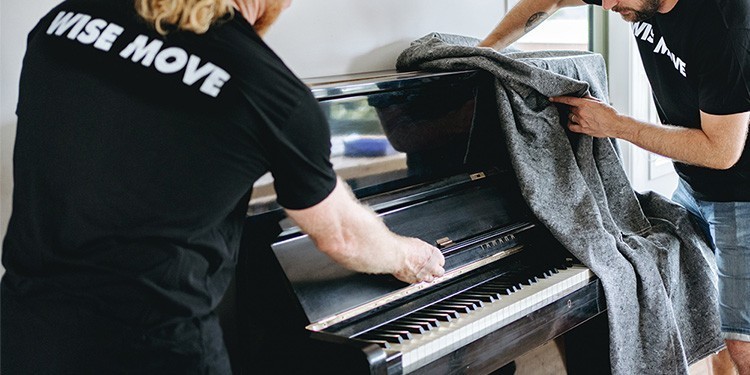
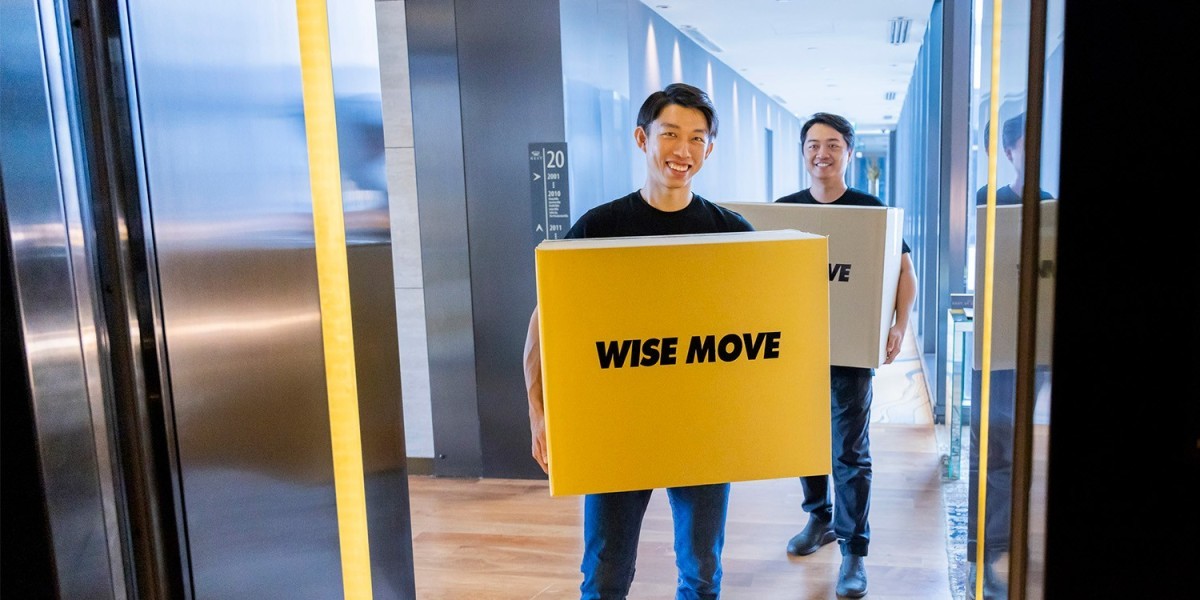
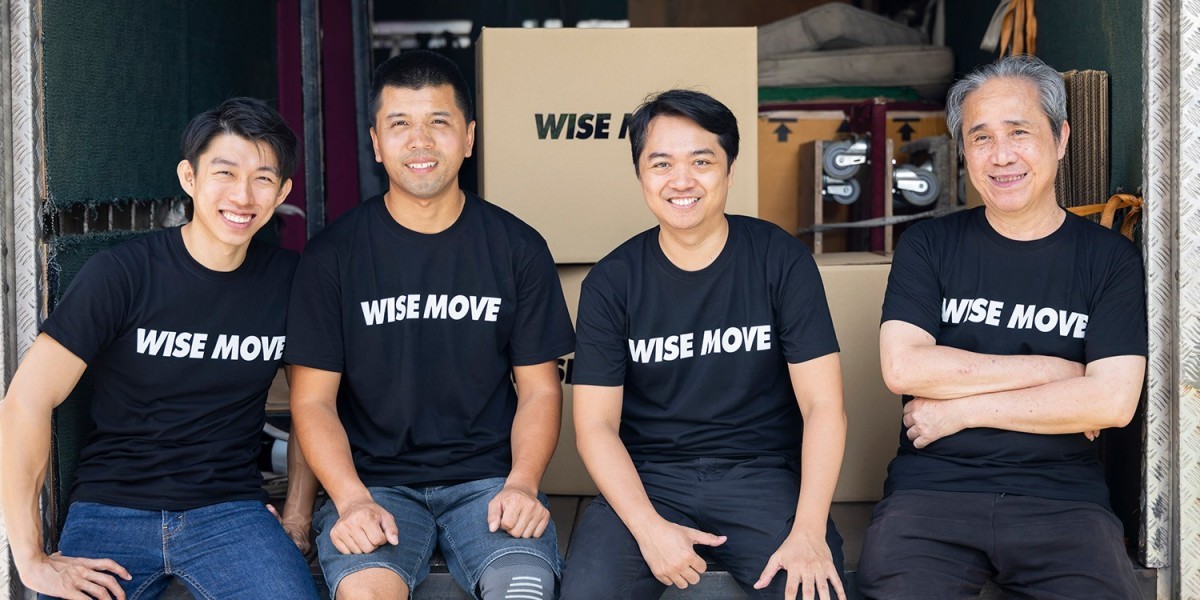
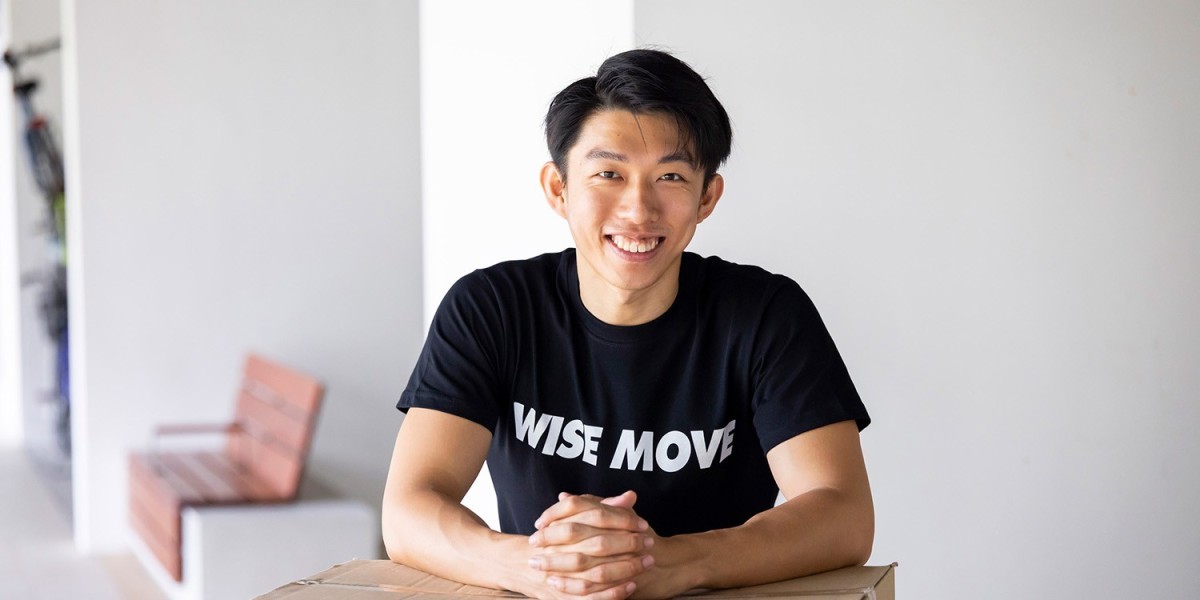
Movers across Singapore
Wherever you are. All Covered. No Hassle.
- Bedok
- Jurong West
- Tampines
- Woodlands
- Sengkang
- Hougang
- Yishun
- Punggol
- Ang Mo Kio
- Choa Chu Kang
- Bukit Merah
- Pasir Ris
- Bukit Batok
- Bukit Panjang
- Geylang
- Toa Payoh
- Serangoon
- Kallang
- Clementi
- Queenstown
- Jurong East
- Bukit Timah
- Sembawang
- Bishan
- Marine Parade
- Central Area
What’s happening?
Please notify us of any violations. This information will be kept confidential and shared only with Wise Move.
- It’s inaccurate or incorrect
- If you find it offensive
- It’s something else
